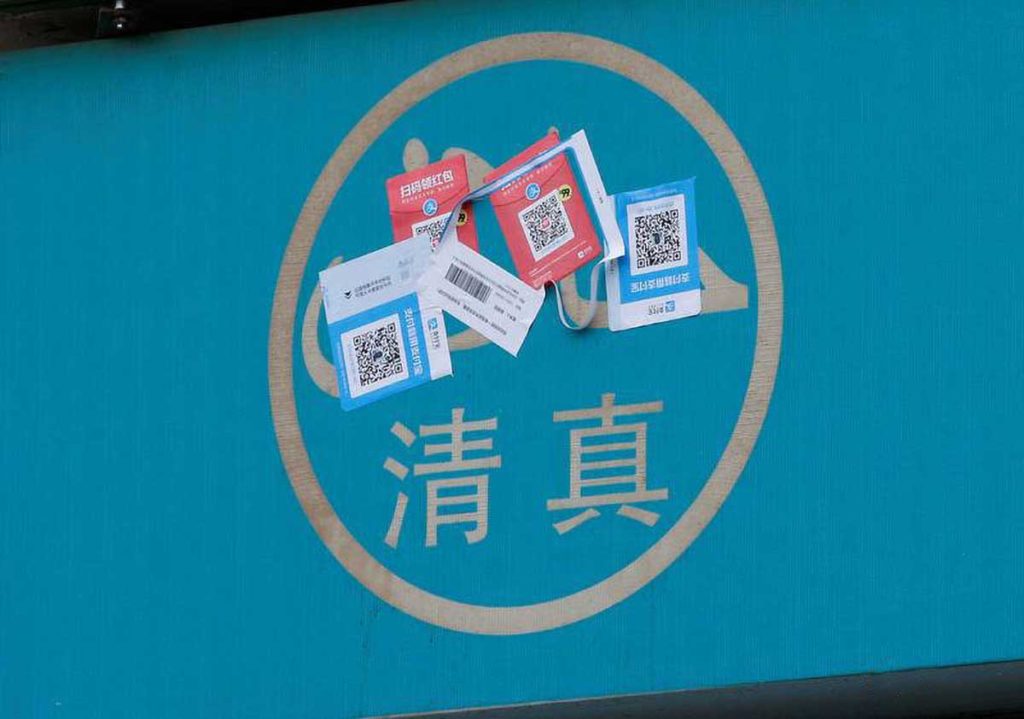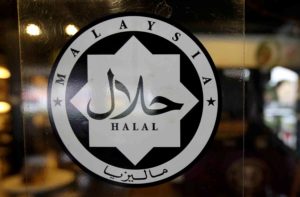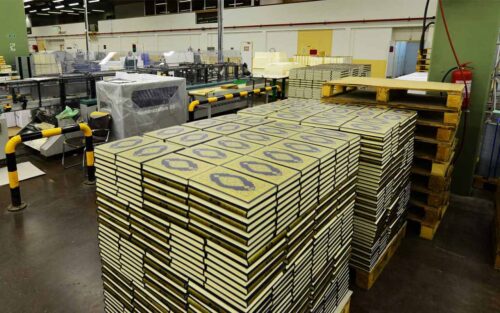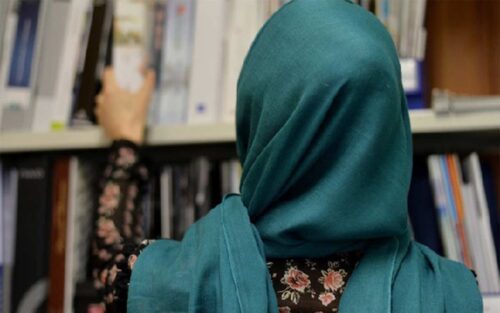Authorities in the Chinese capital have ordered halal restaurants and food stalls to remove Arabic script and symbols associated with Islam from their signs, part of an expanding national effort to “Sinicize” its Muslim population.
Employees at 11 restaurants and shops in Beijing selling halal products and visited by Reuters in recent days said officials had told them to remove images associated with Islam, such as the crescent moon and the word “halal” written in Arabic, from signs.
Government workers from various offices told one manager of a Beijing noodle shop to cover up the “halal” in Arabic on his shop’s sign, and then watched him do it.
“They said this is foreign culture and you should use more Chinese culture,” said the manager, who, like all restaurant owners and employees who spoke to Reuters, declined to give his name due to the sensitivity of the issue.
The campaign against Arabic script and Islamic images marks a new phase of a drive that has gained momentum since 2016, aimed at ensuring religions conform with mainstream Chinese culture.
The campaign has included the removal of Middle Eastern-style domes on many mosques around the country in favor of Chinese-style pagodas.
China, home to 20 million Muslims, officially guarantees freedom of religion, but the government has campaigned to bring the faithful into line with Communist Party ideology.
It was not clear if every such restaurant in Beijing has been told to cover Arabic script and Muslim symbols. One manager at a restaurant still displaying Arabic said he’d been ordered to remove it but was waiting for his new signs.
Several bigger shops visited by Reuters replaced their signs with the Chinese term for halal – “qing zhen” – while others merely covered up the Arabic and Islamic imagery with tape or stickers.
The Beijing government’s Committee on Ethnicity and Religious affairs declined to comment, saying the order regarding halal restaurants was a national directive.











